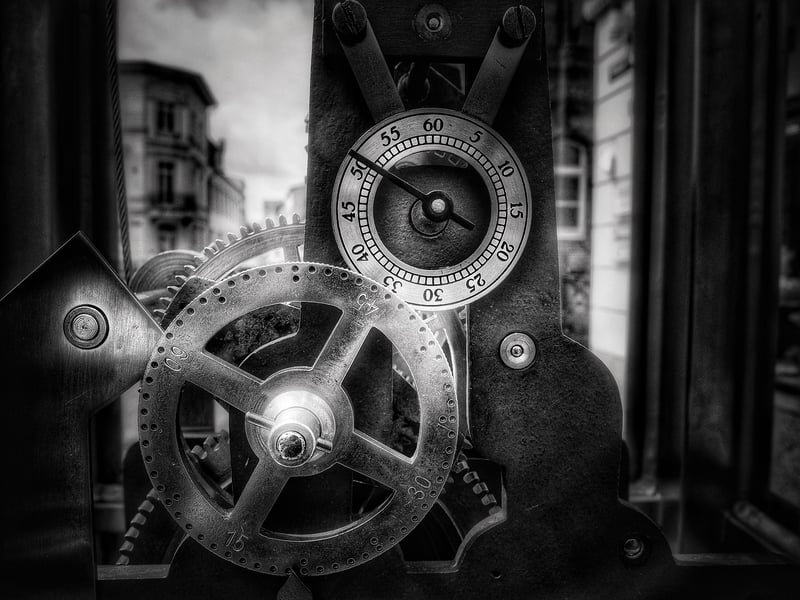Temporal Paradoxes
The Fascinating World of Time Travel and Temporal Paradoxes
Time travel has captured the imagination of humankind for centuries, with countless works of fiction exploring its possibilities. But what if time travel were real? What considerations would we need to keep in mind, especially when it comes to avoiding temporal paradoxes?
Understanding Time Travel
Time travel typically involves moving between different points in time, either forwards or backwards. While it remains a concept primarily explored in science fiction, some theories in physics, such as wormholes and time dilation, suggest that time travel might be theoretically possible.
Considerations for Time Travelers
- Butterfly Effect: Small actions in the past could have significant unforeseen consequences in the present or future.
- Grandfather Paradox: What happens if you were to go back in time and prevent your grandparents from meeting, thus preventing your own existence?
- Fixed Timeline vs. Dynamic Timeline: The debate between whether time is fixed and unchangeable, or if changes in the past can alter the present and future.
Types of Temporal Paradoxes
Temporal paradoxes are logical contradictions that arise from time travel. Some of the most famous paradoxes include:
- Bootstrap Paradox: An object or information exists without ever being created.
- Predestination Paradox: Actions in the past are the cause of events in the future, which in turn cause the past.
- Parallel Universe Paradox: Time travel creates branching timelines, each with its own reality.
Final Thoughts
While the concept of time travel is thrilling to ponder, the potential risks and paradoxes associated with it cannot be ignored. As we continue to delve into the mysteries of the universe, the idea of time travel will undoubtedly remain a captivating subject of exploration and speculation.

For more information on time travel and temporal paradoxes, check out Space.com.
